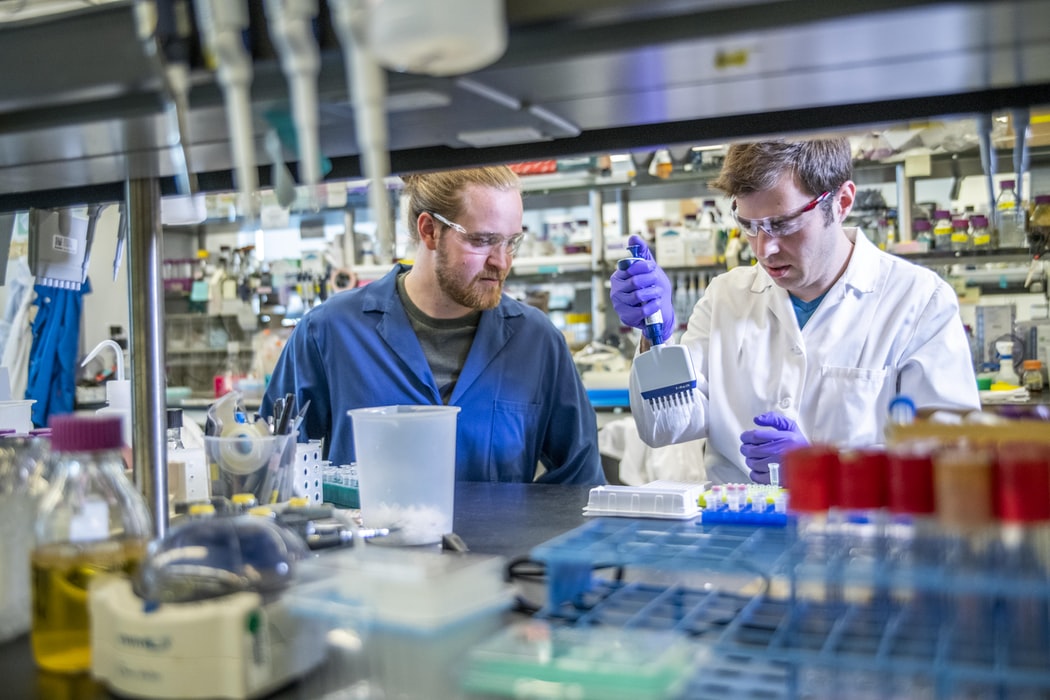
Seven to eight COVID-19 vaccines are currently in the works, according to World Health Organization (WHO) Director-General Tedros Adhanom Ghebreyesus.
On Monday, the WHO leader said there are seven or eight “top” candidates for a vaccine that aim to fight the novel coronavirus. Researchers are accelerating the development of the vaccines.
He told a UN Economic and Social Council video briefing that while it may take 12 to 18 months to develop a vaccine, there is an accelerated effort happening.
The global pledge worth 7.4 billion euros helped improve the process. Leaders from 40 countries, organizations and banks pledged different amounts for research, treatment, and testing.
However, the $8 billion fund will not be enough, according to Tedros. The undertaking will need additional funds to speed up the process. Also, the funds will help manufacture enough vaccines “to make sure that this vaccine reaches everyone — (and) there’s no one be left behind.”
“We have good candidates now,” Tedros said. “The top ones are around seven, eight. But we have more than a hundred candidates.”
“We are focusing on the few candidates we have which can bring probably better results and accelerating those candidates with better potential,” he said.
Tedros did not disclose the top candidates for the vaccine.
“WHO has been working with thousands of researchers all over the world to accelerate and track vaccine development from developing animal models to clinical trial designs and everything in between," he said.
Tedros reported the existence of a consortium of more than 400 scientists working in vaccine development and diagnostics.
Painful lessons
He also pointed out that COVID-19 is “very contagious and it’s a killer." The virus already killed over four million cases and almost 275,000 deaths.
Western Europe is seeing a decline in coronavirus cases. However, the WHO chief said the rates are high in Africa, Eastern Europe, southeast Asia, the eastern Mediterranean and other regions.
Tedros said “the pandemic is teaching us many painful lessons,” especially the importance of having strong national and regional health systems.
“And yet on current trends, more than 5 billion people will not access these essential services by 2030.” These services include ability to reach out to a health worker, get medicine, and have running water in hospitals.
“The world spends around $7.5 trillion on health care each year, almost 10 percent of global GDP, but the best investments are in promoting health and in preventing disease at the primary health care level which will save lives and save money,” Tedros said.
Economic measures
Meanwhile, UN Deputy Secretary-General Amina Mohammed told the briefing that countries are “in it together” but the world should protect the most vulnerable countries and communities first.
She proposed a new debt relief program for vulnerable areas so their economies can emerge from the coronavirus pandemic.
The economic measures include cash transfers as well as credits and loans for women “who make up the majority of those in the hardest-hit informal economy, and who are at the forefront of the community response.”
In terms of unemployment, International Labor Organization (ILO) Director-General Guy Ryder said that only 22 million full-time jobs were gone when the financial crisis took place in 2008-2009, “so you can see we’re in an entirely different place.”
He said that UN agency predicts a loss of 305 million full-time jobs in the second quarter of this year, which ends on June 30.
Ryder stressed that 60 percent of the global workforce of 3.3 billion are in the informal sector, most of them women.






